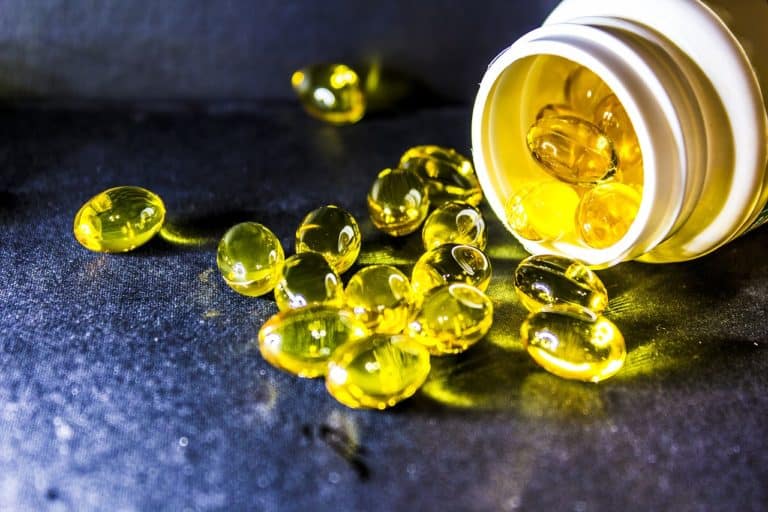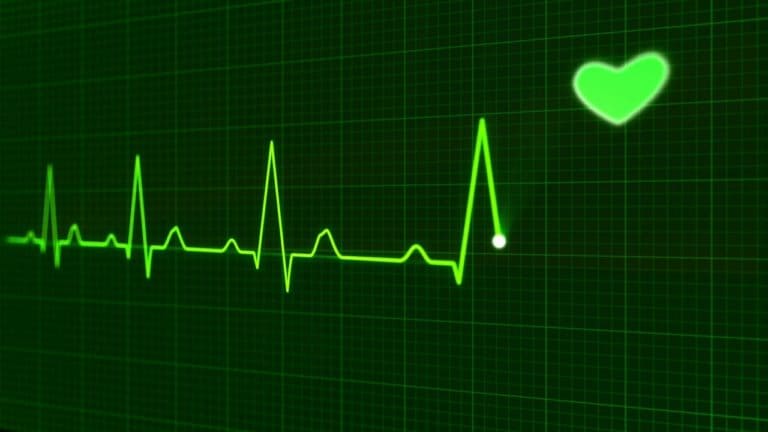The results of a small study of ibuprofen and testosterone suggest that taking this nonsteroidal anti-inflammatory drug can change metabolism of the hormone. Although taking this commonly used over-the-counter (OTC) drug did not significantly alter testosterone levels, it did cause a change in the ratio of testosterone to luteinizing hormone (LH) and a condition known as compensated hypogonadism.
Compensated hypogonadism occurs when the body is not making testosterone at a normal rate but higher levels of LH stimulates the production of T. Therefore, testosterone levels seem to be normal in men with compensated hypogonadism because LH production is keeping it that way.
Compensated hypogonadism is associated with an increased risk of psychiatric symptoms (e.g., anxiety, obsessive-compulsive symptoms) and cardiovascular events, such as stroke and heart attack.
The ibuprofen and testosterone study
Fourteen men were enrolled in the study, which involved taking ibuprofen twice daily for a total of six weeks. Hormone levels were checked at two and six weeks. Although testosterone levels did not change significantly during the study, luteinizing hormone levels did rise by 23 percent by week 2 and 33 percent by week 6. This rise suggested a direct link between use of ibuprofen and LH levels.
The authors took their research a step further and examined how ibuprofen could impact testes tissue samples from organ donors and prostate cancer patients. They found that the OTC drug triggered a decline in testosterone production within 48 hours. (Cells in culture don’t produce LH, so this hormone could not compensate for the effect of the drug.)
Why the ibuprofen and testosterone finding is important
This finding is important for several reasons. Ibuprofen belongs to a class of drugs known as nonsteroidal anti-inflammatory drugs (NSAIDs), and experts note there is the likelihood that other drugs in this class (e.g., aspirin, naproxen) could have similar effects and result in compensated hypogonadism. The good news is that thus far there is no indication that periodic use of ibuprofen will cause this issue.
Another concern is that long-term use of ibuprofen and other NSAIDs is common among young healthy men, especially athletes, as well as individuals with arthritis or chronic pain. A related concern is that compensated hypogonadism may eventually progress to primary hypogonadism, which is characterized by very low levels of circulating testosterone and symptoms such as low sex drive, depressed mood, fatigue, loss of muscle mass, and erectile dysfunction.
Results of this small study suggest that ibuprofen can change testosterone metabolism and results in compensated hypogonadism. Given the popularity and common use of these NSAIDs, it’s important to research this relationship further.
Reference
Kristensen DM et al. Ibuprofen alters human testicular physiology to produce a state of compensated hypogonadism. PNAS 2018; published ahead of print 2018 Jan 8







